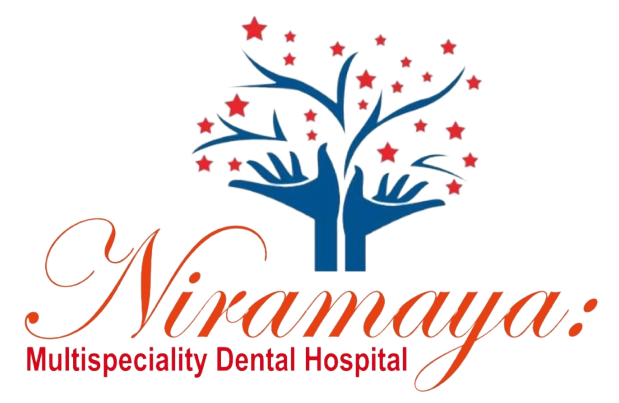Ask the Experts
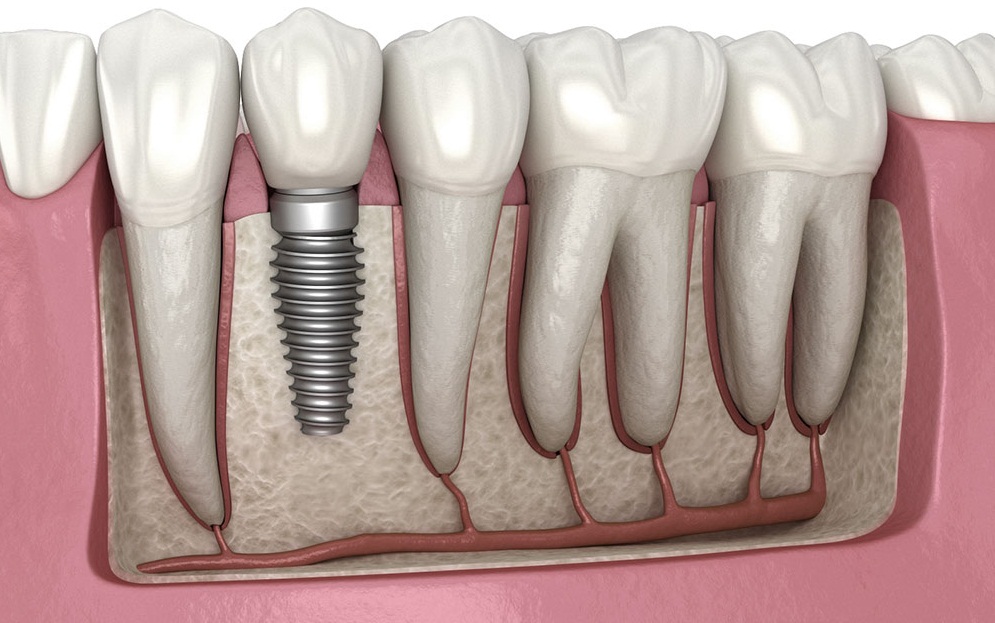
Dental Implants
Dental implants are done to permanently replace teeth that are decayed or missing. Implants are made up of titanium metal which lessens the possibilities of any infection. We at Niramaya: provide all kinds of dental implants for different patients.
Process How Its Done ??
When you visit us at Niramaya: a thorough oral cavity examination is done. Each & every tooth present/ absent is evaluated individually. The bone and periodontal status is checked clinically. Radiographic examination & CBCT analysis are being done for final treatment planning.
After the final treatment planning is being done is the type of implant, time, cost, and duration is explained to you. There are several types of implant systems that can be used. You can select the type of implant as well as type of crown/bridge that suits you the best functionally, aesthetically & financially. Dr Sonam Nagar Pandit is Certified Conventional Implantologist whereas Dr Animesh Pandit is Certified Basal Implantologist.
Implant prosthesis is the most efficient and convenient way in which missing teeth can be replaced and all the functions like eating food, aesthetics can be restored properly.
Types Of Dental Implants:
- Conventional single/ multiple tooth dental implants
- All On 4 Dental Implants
- All On 6 Dental Implants
- Zygomatic dental implant
- Pterygoid dental implant
- Basal dental implant
Single/ Multiple Tooth Implant:
After the implant surgery it takes a minimum of 3 months to place final crown (cap) on the implant. If the bone is slightly weak the along with implant placement bone grafting is also done. Single or multiple implants can be done immediately after the extraction of the teeth. This is determined by the evaluation of your bone. On multiple implants, fixed prosthesis or implant-supported overdentures can also be given. Our implantologists explain you all the types of implants suitable for you once you visit Niramaya.

1. Placement of the Implant
The placement of a dental implant necessitates surgery. It is usually performed under local anesthesia. To expose the bone, the dentist will make an incision into the gum. Then, insert a metal implant into holes bored into the bone.

2. Placement of the Abutment
The dentist may insert a healing cap after the implant has properly bonded with the bone after 3 months. It aids in the proper healing of the gum tissue, which usually takes 1 – 2 weeks. After 2 weeks Abutment is placed.
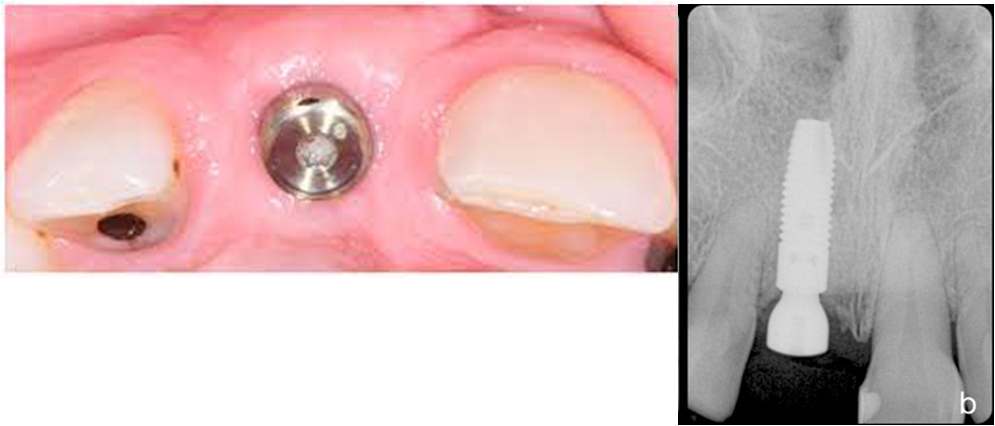
3. Placement of the Crown
The dentist will take a final impression before fabricating the crown. It will be cemented or screwed to the abutment to keep it firmly in place. The patient can clean this new single tooth or multiple teeth as any other teeth to keep the gums healthy. Depending on the situation, several of these processes may be combined.
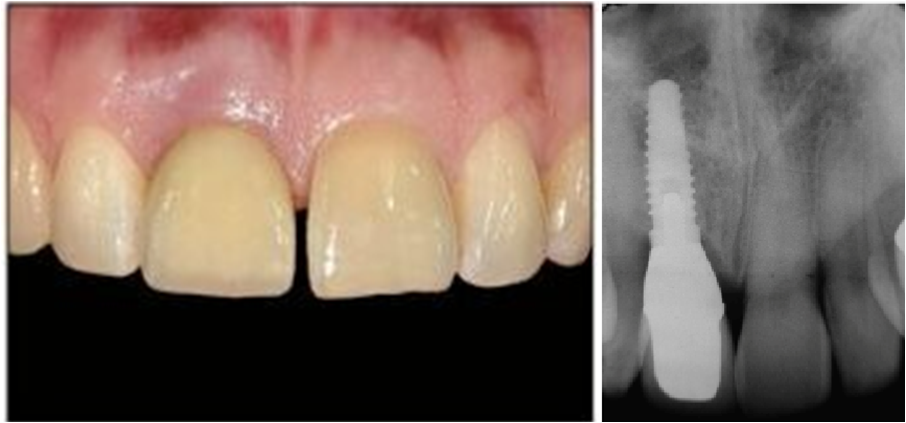
What are All On 4 and All on 6 Dental Implants?
The All on 4 and All on 6 implants is a dental rehabilitation solution that gives you a new set of teeth supported by four or six implants in each jaw. It improves the look of a patient’s teeth and their functionality.
This treatment procedure is a least invasive surgical solution with a fixed full-arch restoration. It serves as a more permanent and natural-looking replacement for dentures. You don’t have to replace each lost tooth individually with All on 4 and All on 6 implants
The dental implants are put in strategic locations of the jaw where there is more available jaw bone, avoiding the need for expensive and time-consuming bone grafting and sinus lifting procedures.
The All on 4 implants makes it possible for you to replace a complete set of teeth with a simple, effective, and reliable solution.
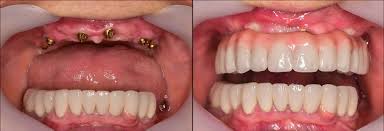
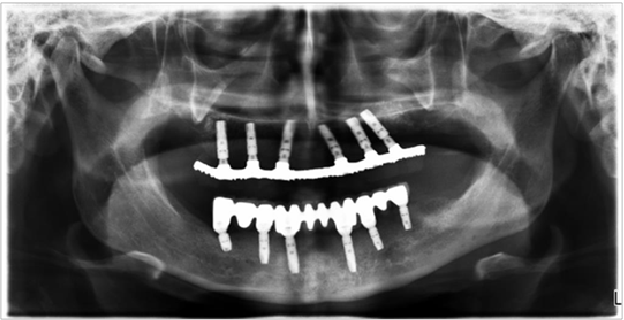
Zygomatic and Pterygoid Implant :
These implants need a very specific kind of surgery to place them intraorally. In every case, these implants are not done. Where bone is very less and all other implants cannot be done then Zygomatic and Pterygoid implants are done especially in the upper jaw to replace the missing teeth with fixed prosthesis. These implants can be placed in the jaw in association with other conventional and basal implants.
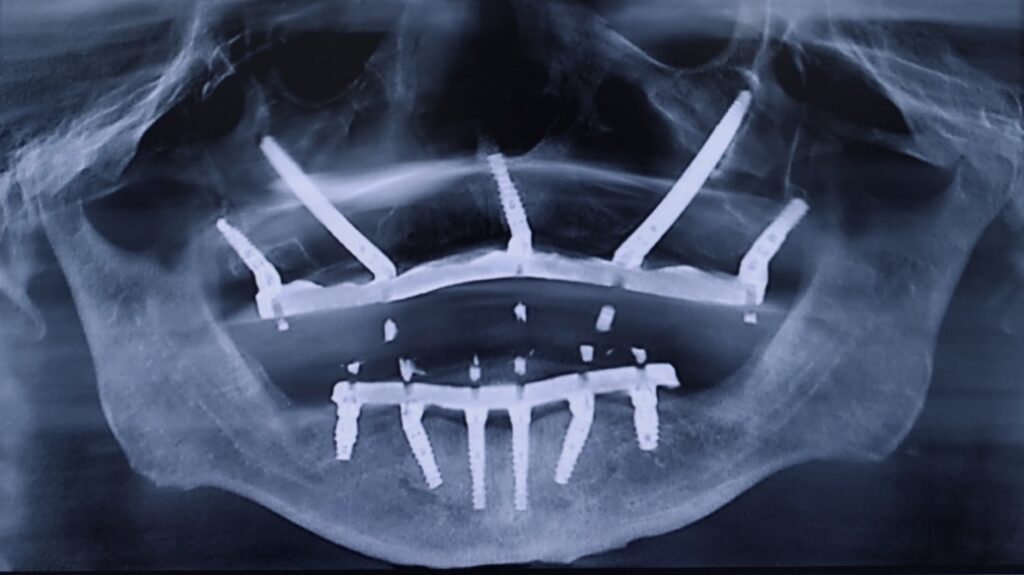
Basal Implants:
Firstly we analyze and determine the bone quality using high-quality 3D scanning methods. Basal Implants are indicated where either there is a need of immediate restoration of functions and aesthetics or there is inadequate bone present for placement of conventional implants. In Ujjain at Niramaya we have a team of experts for performing basal implant procedure.
After administration of anesthesia, the implants are placed in the thick cortical bone. The number of basal implants is decided and implanted based on the amount and quality of bone present. After that, the implants are secured in place.
Afterwards the impression of the jaws along with the implants is taken and fabrication of the prosthesis is done. Finally the prosthesis is fixed with basal implants. Now patient can start using it for chewing food and have a perfect natural feel.
It is an immediate process of restoration where the quantity of dental implants is more because basal implants are usually single-piece dental implants and are subjected to restoration immediately.



Functioning of implants:
- A permanent replacement for the missing teeth.
- Functions like natural teeth.
- End the need of wearing dentures and claps which prevent damage to gums and other tissues.
- No need to wear any adhesives for dentures.
- Once it is fixed, it is not movable so no worries for removable dentures.
FAQ:-
Q. Can I brush dental implants?
A. Yes, you can brush them just the same way you would brush real teeth.
Q. My dentist told me to use water flosser with implants. Where can I get them?
A. You can purchase a water flosser from the local pharmacy or online.
Q. What is the best way to clean dental implants?
A. The best way to clean dental implants is dependent on individual cases. However, the basic brushing or water flossing procedure can be used on all dental implants.
Q. What are the best dental implant cleaning methods?
A. Regular brushing, water flossing, and mouth rinsing are some of the best dental implant cleaning methods.
Q. Do dentists offer cleaning of dental implants?
A. This is a basic procedure that you can conduct at home. However, depending on the merit of your case, your dentist might be able to help you.
Q. How do I clean full mouth dental implants?
A. If you need to clean full mouth dental implants, you can use the common mouth cleaning procedures such as brushing or flossing.
Q. Will I be able to eat food with implant teeth normally?
A. Yes, you can eat your food normally with implant teeth. Just you have to avoid extra hard & sticky food items (Like betel nut, cracking walnut shells, chewing gums, sticky chocolates,etc.)
